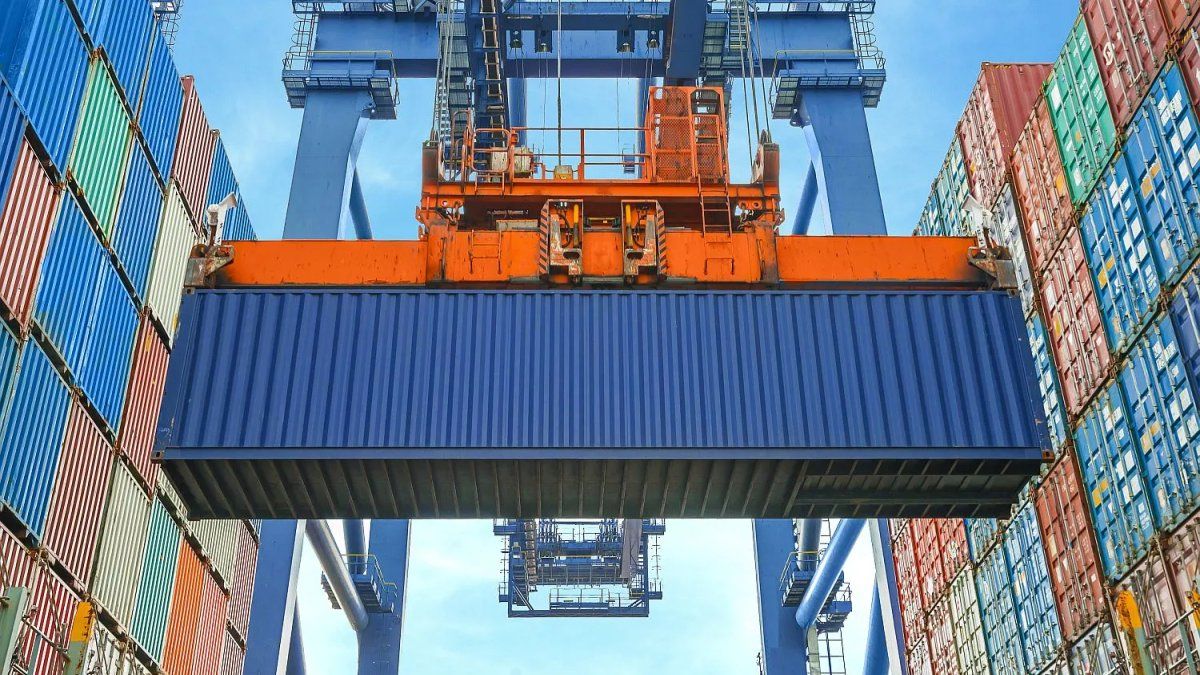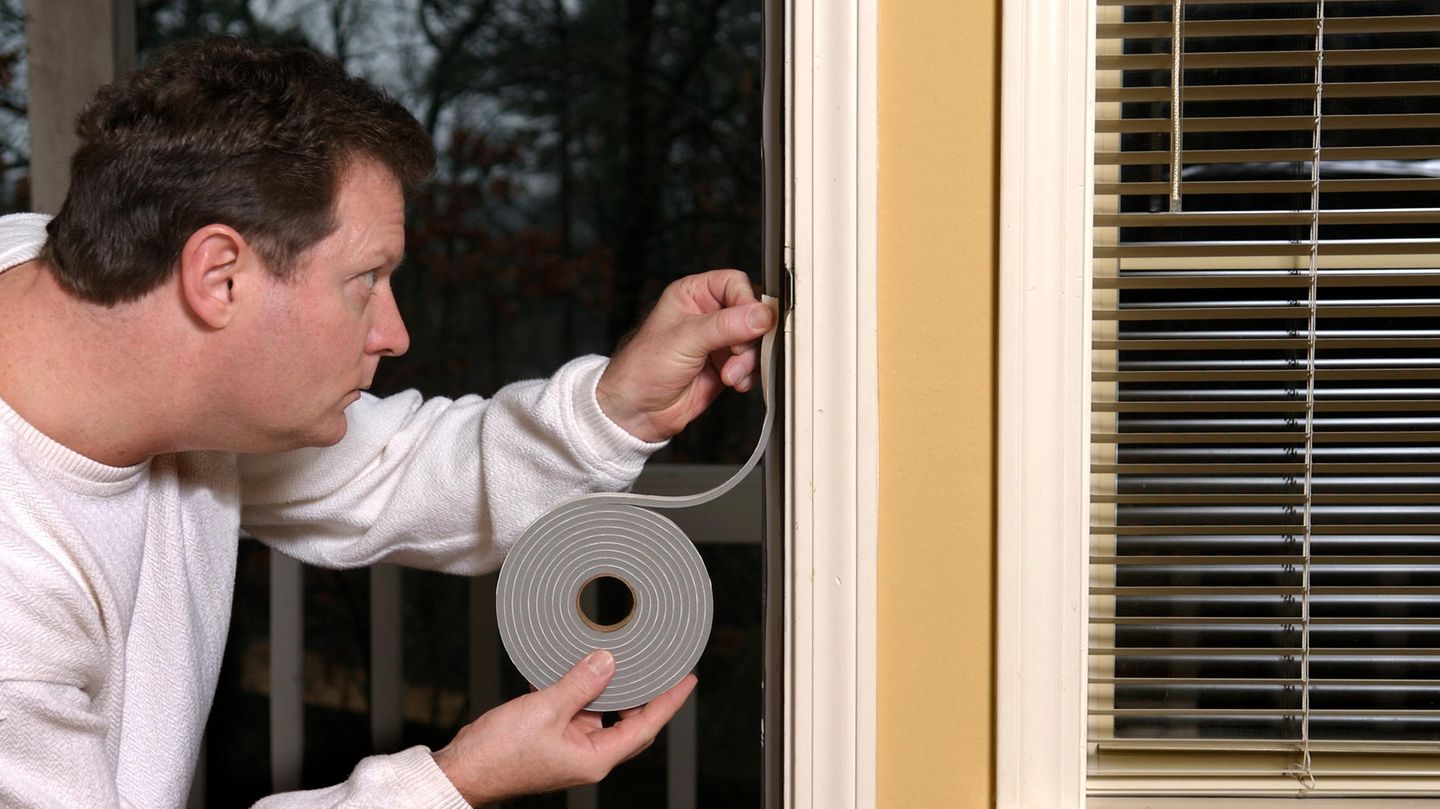The Government revoked this Tuesday two regulations that aim to streamline foreign trade. This is the repeal of the resolution 701/99 and 799/2000 of AFIP, which stipulated that Organisms representing each sector had to have an “overseer” in Customs. Also removed the reference values for the export.
It did so through Resolutions 5586 and 5587 of the AFIP (now ARCA) published in the Official Gazette. For the Executive, these regulations implied a “cost overrun” for importers and exporters.
The Minister of Deregulation and Transformation of the State, Federico Sturzenegger, pointed out that these decisions generate “more profitability to the private sector, more transparency and less corruption in the public sector.”
These changes are in addition to the elimination of the stamps “green” in imported products and the so-called criterion valuesan instrument that Customs had to identify possible abusive maneuvers in foreign trade, such as under-invoicing or over-invoicing in imports.
Modifications to export and import channels
The General Resolution 5587/24 not only removes the reference values, but also the Red Channel Valuea mechanism that imposed additional controls on exports with prices below the reference value. According to the text of the resolution, the final export destinations will continue to go through the usual selectivity channels, although they may be subject to subsequent control, as established in the AFIP General Resolution 5002/21.
This provision allows the AFIP to carry out controls ex post to evaluate the correct valuation of exported merchandise, which, according to the tax administration, ensures that controls remain in force more efficiently.
Implications of the elimination of observers
The participation of observers It had been implemented in 1999 and extended in 2000, as part of a series of measures aimed at protecting national industries against imports. As Sturzenegger explained in his tweet, “if you wanted to import footwear, an observer from the footwear industry had to give his opinion; If you wanted to import pipes for the oil sector, a representative of the national steel industry had to rule.” This process, criticized for its slowness and the cost overruns it generated, will be completely dismantled as of the new resolution.
According to the General Resolution 5586/24the elimination of this system responds to the need to streamline customs processes and reduce costs associated with imports. The rule also annuls the users granted to sectoral entities to access the MALVINA Computer System (SIM)used to monitor cargo notices and verify imports.
According to the text of the resolution, the participation of the sectoral chambers resulted in unnecessary delays in the processing of merchandise. Industrial entities had to coordinate with customs their presence as observers in the physical verification of imported goods, which, in practice, generated delays in the release of products. In many cases, the presence of these entities did not materialize, but waiting times continued to affect the fluidity of foreign trade.
Source: Ambito
David William is a talented author who has made a name for himself in the world of writing. He is a professional author who writes on a wide range of topics, from general interest to opinion news. David is currently working as a writer at 24 hours worlds where he brings his unique perspective and in-depth research to his articles, making them both informative and engaging.




